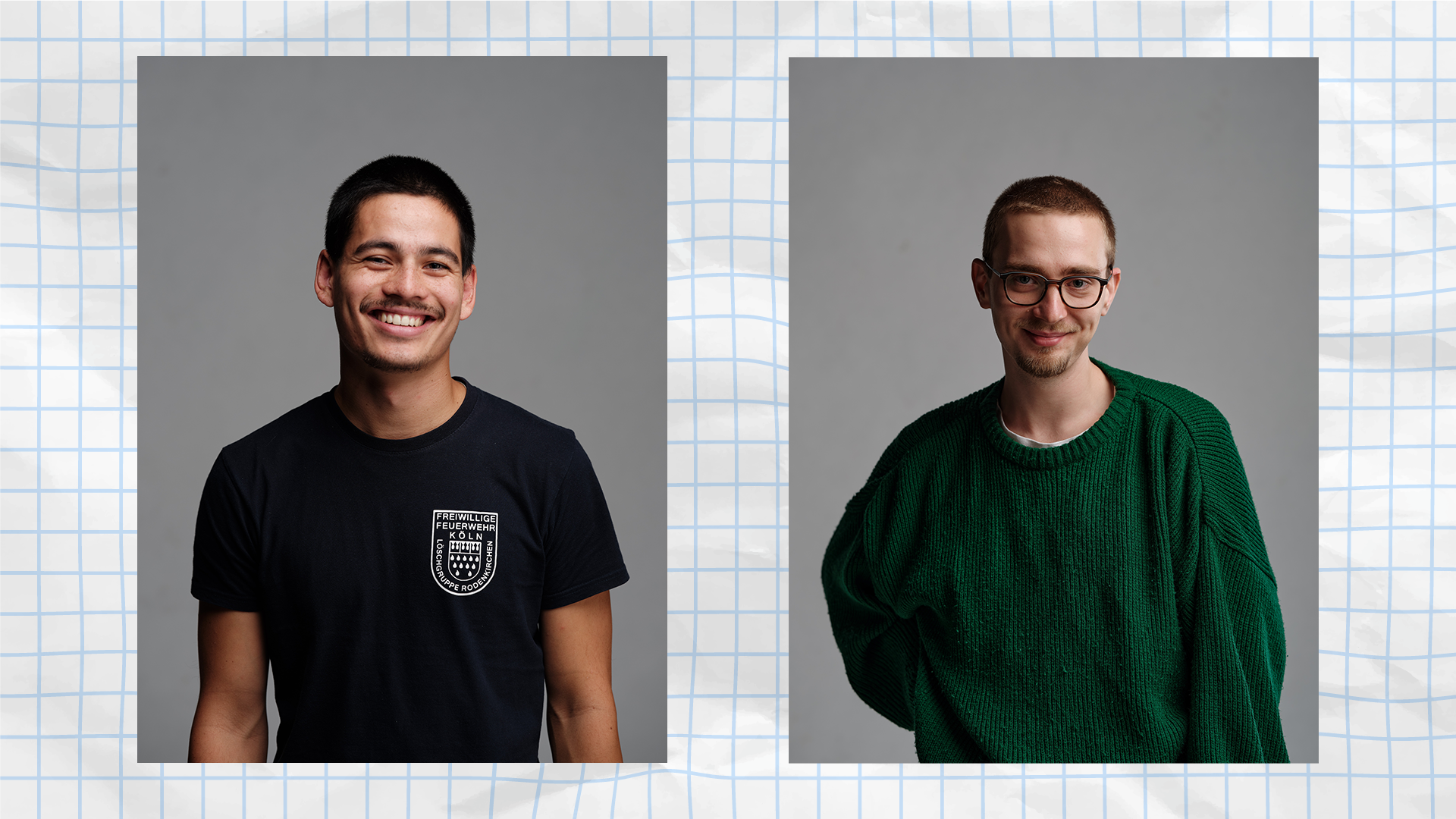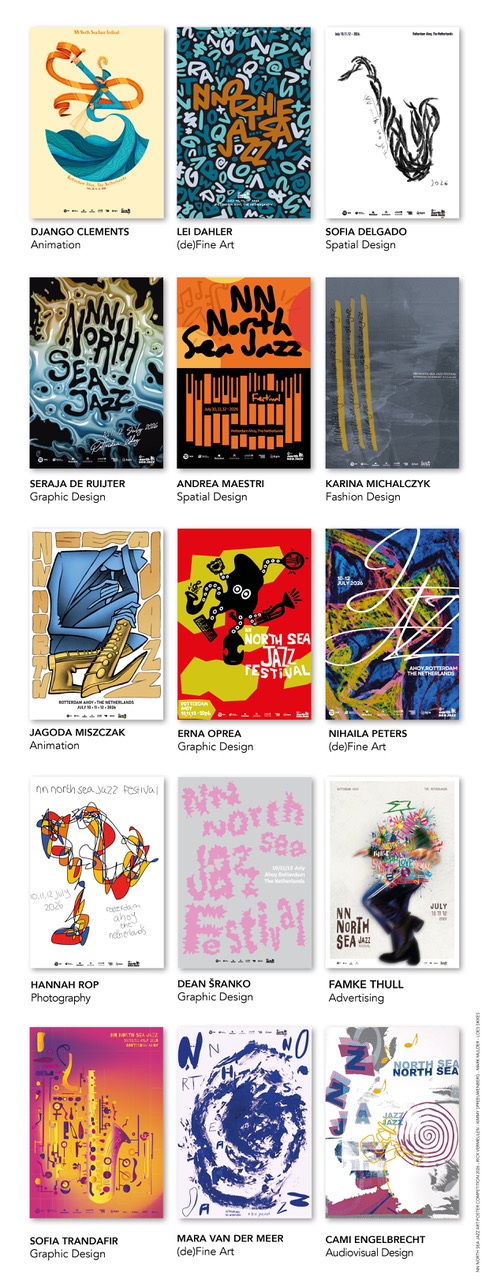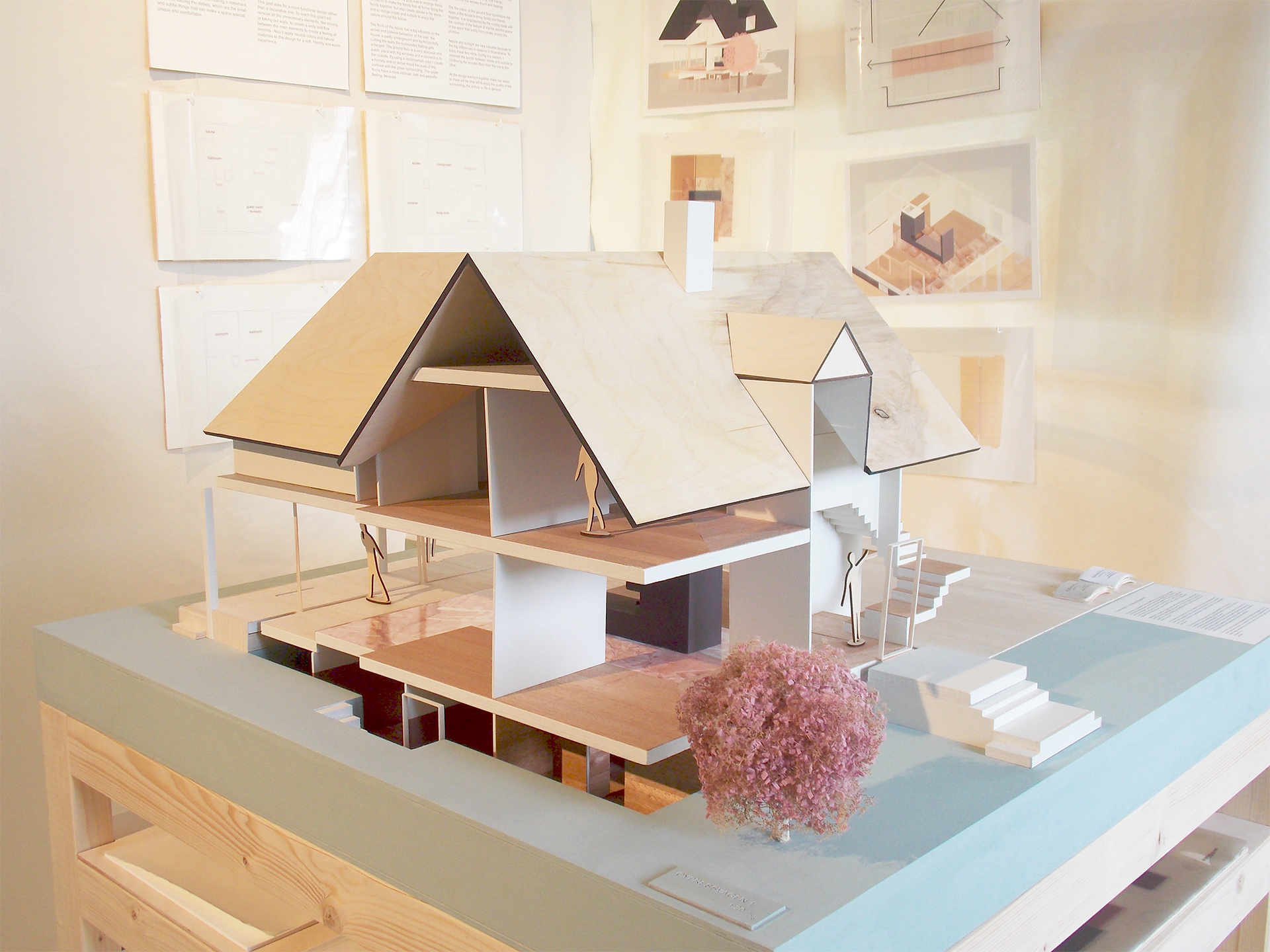Jingfeng Shen (b. 1992) is an artist from China working primarily with photography and film. His photographic practices explore mechanisms of looking and the condition of individuals in contemporary society, as well as the relationships between people, space, and landscape. His film work explores visual ethnography, memory—both individual and collective—and the narratives embedded in landscapes and human activity. He believes in the power of “looking” itself and was formerly a civil engineer and curatorial staff member.
Can you describe your graduation project and its main focus? What inspired you to choose this particular subject or theme? How did you develop and refine your ideas throughout the project?
My ongoing graduation project is a short film about an ancient building in my hometown that was demolished during the social upheaval of the 1960s, and my father witnessed the whole event as a young child. During our daily video calls, he often shared stories from his childhood—one of which became the inspiration for this film. This story sits at the intersection of a public event and a personal/family memory. I found strong resonances between his memory and my artistic concerns—especially how historical events continue to shape today’s social dynamics and landscapes, and I became increasingly interested in the hidden narratives embedded in ordinary landscapes and daily life. At the beginning of the project, I realized that the collective violence in recent Chinese history still casts a long shadow over our lives, many issues from that time remain unresolved. Confronting them honestly has become an urgent and personal necessity in my work.
Over the past two years, I’ve developed a strong interest in landscape representation and its narrative potential, which I explored through several photography projects. In this film project, I experiment with ways of representing absence through landscape images, and with storytelling that traverses time and space. Building on these ideas and practices, I combined my father’s story with my exploration of landscape imagery and decided to present it as a film.
As you approach graduation, what challenges have you encountered in completing your project? What aspects of your project are you most excited about? Are there any specific concerns or obstacles you're currently facing?
As a creator who usually works with camera, I faced major challenges after arriving in the Netherlands. Dutch society and Chinese society differ greatly—not just in cultural aspects, but also in their physical landscapes. The detachment with social context and unfamiliarity with the environment made me feel less perceptive, and I struggled to find a local subject I could connect with deeply. Because of this—and the limited duration of the Master’s program—I chose to turn back to my own history.
The distance to my hometown and the technical issues also formed difficulties, eventually, I overcame them through communication and researching, and completed about two weeks of shooting during our winter break.
Filmmaking is a very different language to photography, which I’m more familiar with. However, I’ve learned a lot through the making process, and I can finally apply my cinematic understanding into practice. The research and making progress also deepened my understanding of my own land and people, making it both the biggest challenge and the most exciting part.
How has your experience at PZI contributed to your growth as an artist/designer/etc.? Looking back, how have you evolved since your first year in the program?
Coming to the Piet Zwart Institute was not only an opportunity to study at an art school but also a chance to observe, think about, and analyze both European and Asian societies from a new perspective. The change of environment, exposure to theories on cinema, image politics, and decolonization, and my direct experience of European society in and outside the school, have expanded my worldview and offered a richer, more complex context for my practice.
The school’s study community also gave me many opportunities to exchange ideas with tutors, peers, and professionals—to discuss art and society from various perspectives.
Without this period of study, I might never have started working with moving images at all, nor would I have developed this deeper understanding of image art, social complexities, and the role of visual media within them. This shift in perspective not only deepened my critical thinking but also gave me the courage to revisit my own roots in my artistic work.
In what ways has your time at WdKA prepared you for this final project? Have there been mentors or resources that have significantly influenced your work?
In the first year, seminars on topics like violence and decolonization gave me conceptual tools and references that later inspired my graduation project. We also had individual tutorials and a second-year mentorship program, where I received insightful feedback and references from diverse angles.
Outside the classroom, I watched many short and feature films, both in local cinemas and at home. These helped me explore different approaches to image-making and narrative and then bring them into my own research—especially works by Asian artists and directors. Writing my research paper also played a key role, helping me organize my ideas and inputs, reflect on my practice, and build an intellectual foundation for the final project.
What are your immediate plans after graduation? What are your long-term aspirations within your field?
I plan to look for new opportunities to get in touch with more audience with both my recent and earlier works—in Europe, China, and beyond. In the long term, I aim to continue developing as an artist, exploring new ideas and methods, engaging with different regions, cultures, and communities through multiple approaches, learning from diverse contexts while sharing my perspective. At the same time, I aspire to become an educator—one who stays curious and alive about the world.
Do you have any advice for current or prospective students in your program? Is there anything else you'd like to share about your journey or project?
Be brave and open to directing your attention to places and people you haven’t truly explored before. Constantly renew your thinking and let go of preconceptions. Travel when possible—or even move to a completely unfamiliar place. These actions have brought me many insights and valuable experiences.


